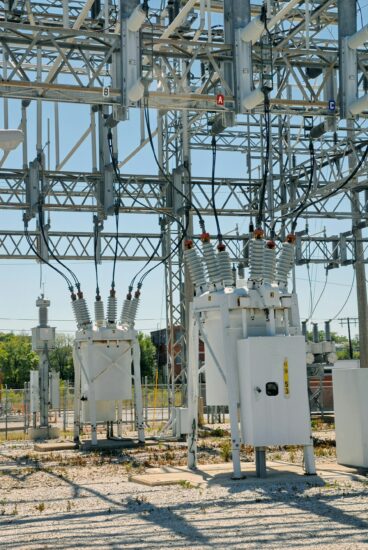
Integrating raw materials consumption issues
You want to be able to act on the lever of raw materials consumption in line with the ecological transition plan.
Accueil » Trainings » Ecological Transition training » Energy consumption: Understanding, analyzing and committing – investment

Acquire the knowledge base needed to initiate, manage and contribute effectively to a corporate program or project related to energy consumption – all energy sources.
To be able to qualify energy consumption at different levels of the company (from global to specific equipment), and to adopt a pragmatic approach to reducing consumption and/or consumption-related costs by leveraging energy efficiency, sobriety and supply optimization.
At the end of the training course, participants will have carried out a diagnosis and drawn up an action plan – including investment – based on a case study, giving them the tools they need to replicate the approach in their own company.
At the end of the course, participants will be able to :
Anyone involved in the process of reducing energy consumption, associated costs and the company’s carbon footprint.
None
7h (1 day)
Face-to-face or remote
Intra- and inter-company
Inter / Presential : 518€ NET tax / participant
Inter / Distanciel : 300€ NET tax / participant
Intra / Presential : 2900€ NET tax / group
Intra / Distanciel: 2400€ NET tax / group
Teaching method: a learning approach alternating interactive activities, practical case studies and content input by the trainer, including question-and-answer sessions to tailor training content to the specific needs of each company or participant. Concrete examples, case studies and theoretical contributions will be mainly linked to projects involving investments.
Technical resources:
Minimum 6 people for inter
Maximum 14 people
Specialist in the fields of energy and ecological transition, trained in the facilitation and management of collective intelligence, specialist in business transformation support.
Pre-course needs questionnaire and learning assessment quiz to better understand the audience’s level and expectations.
Follow-up and support for participants during case studies, exercises, role-playing and in-session tests.
Assessment of knowledge through a Quiz at the end of the course.
Post-training satisfaction and evaluation questionnaire.
Certificate of completion

You want to be able to act on the lever of raw materials consumption in line with the ecological transition plan.

Raise awareness and help companies to define a project to optimize water management and formalize an action plan.
Take action on the production and management of waste and effluents within your company to improve the ecological transition.